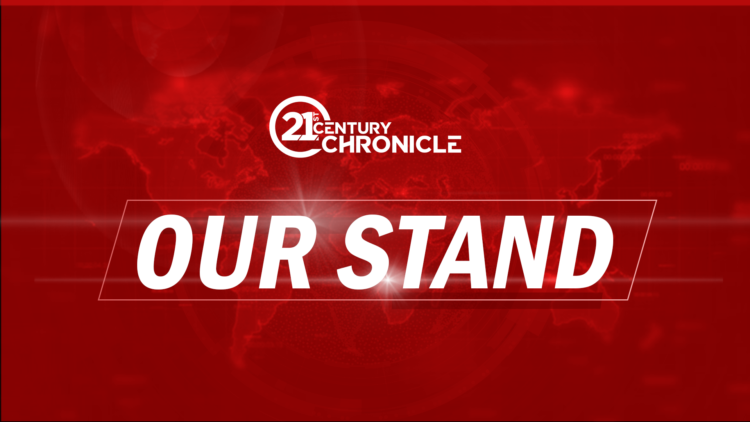Local and international media have been awash with discoveries by International Consortium of Investigative Journalism [ICIJ] which exposed how rich, wealthy and prominent persons stashed huge monies away in secret bank accounts in ‘tax havens.’ Some of these funds at least are believed to have come straight from national treasuries through illegal deals.
The Pandora Papers are 11.9 million leaked documents with 2.9 terabytes of data that the ICIJ published beginning on 3 October 2021. The leak exposed the secret offshore accounts of 35 world leaders, including current and former presidents, prime ministers, and heads of state as well as more than 100 billionaires, celebrities, and business leaders.
Several Nigerian politicians, political leaders and wealthy businessmen were identified in the papers as having stashed away their wealth in countries where laws provide cover from probe, and where tax rates are very low. They did these through the setting up of offshore companies, often using shadowy names.
Under the law of Trust in some emerging countries enacted in Europe over 700 years ago to escape payment of tax to colonial authorities, several rules of property and asset ownership were relaxed to ensure that their owners are not necessarily disclosed. Those property and assets are believed to be held in trust for undisclosed beneficiaries. Whatever the intention of those laws, adopted by several countries like Ireland, Panama, Iceland, Liberia, Isle of Man, Switzerland, Singapore etc., they tend in modern times to provide cover for ill-gotten wealth from other countries to be safely hidden without being questioned.
Some Nigerians were identified by the Pandora Papers to operate secret accounts with credit balances running into millions of dollars, or companies with huge bank balances that are not linked to legitimate business activities. At least some of these wealth is suspected to be the proceed of fraud or corruption from Nigeria. Shell companies that are involved in Private Public Partnership [PPP] with government agencies, from which they are heavily paid from our treasury, end up paying little or no tax to government because they claim to pay tax at their companies’ global headquarters, which are outside Nigeria. This is immoral capital flight, failing to give-back to the country where they make such money.
Public officers identified in Pandora Papers to have engaged in these activities are likely to have broken some of our laws, especially with respect to declaration of assets and also not maintaining foreign accounts while they are in public service. The existence of anti-corruption desks in major government ministries, departments and agencies as well as existence of many anti-corruption agencies has somehow failed to check this activity.
Government should take a good look at these revelations. Anyone fingered in the revelations must prove that the funds were not ill-gotten. Anyone found to have broken our laws should be brought to book. That includes big law firms, bankers and wealth managers who provided their services in spiriting away and hiding such funds in shell companies abroad.
It will be recalled that some Nigerians were named in the 2016 Panama Papers but they were never properly investigated or prosecuted. Unless this is done, this practice is likely to continue in the future.









